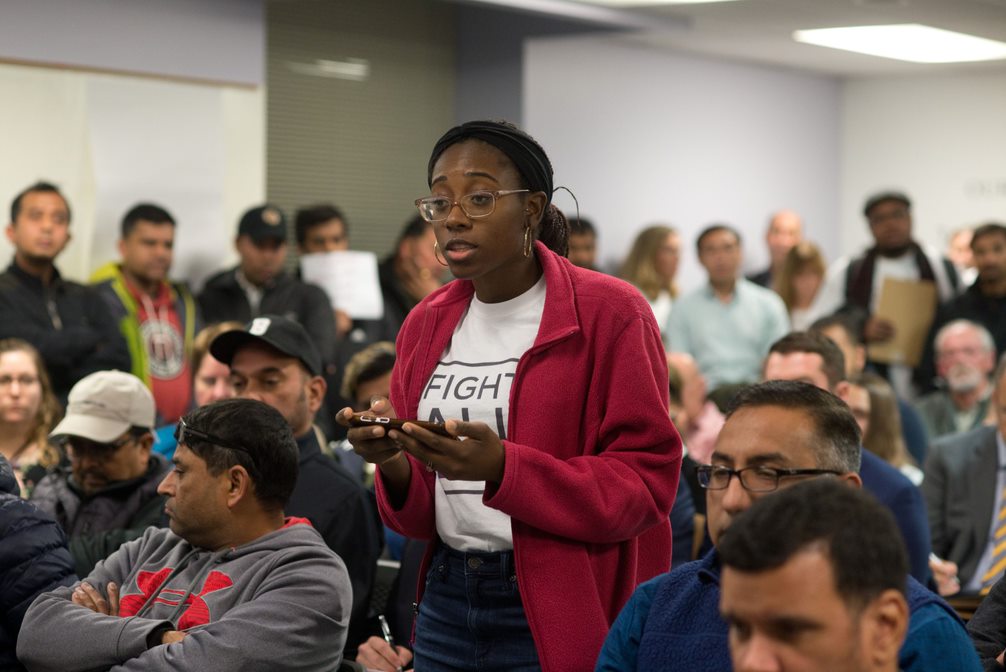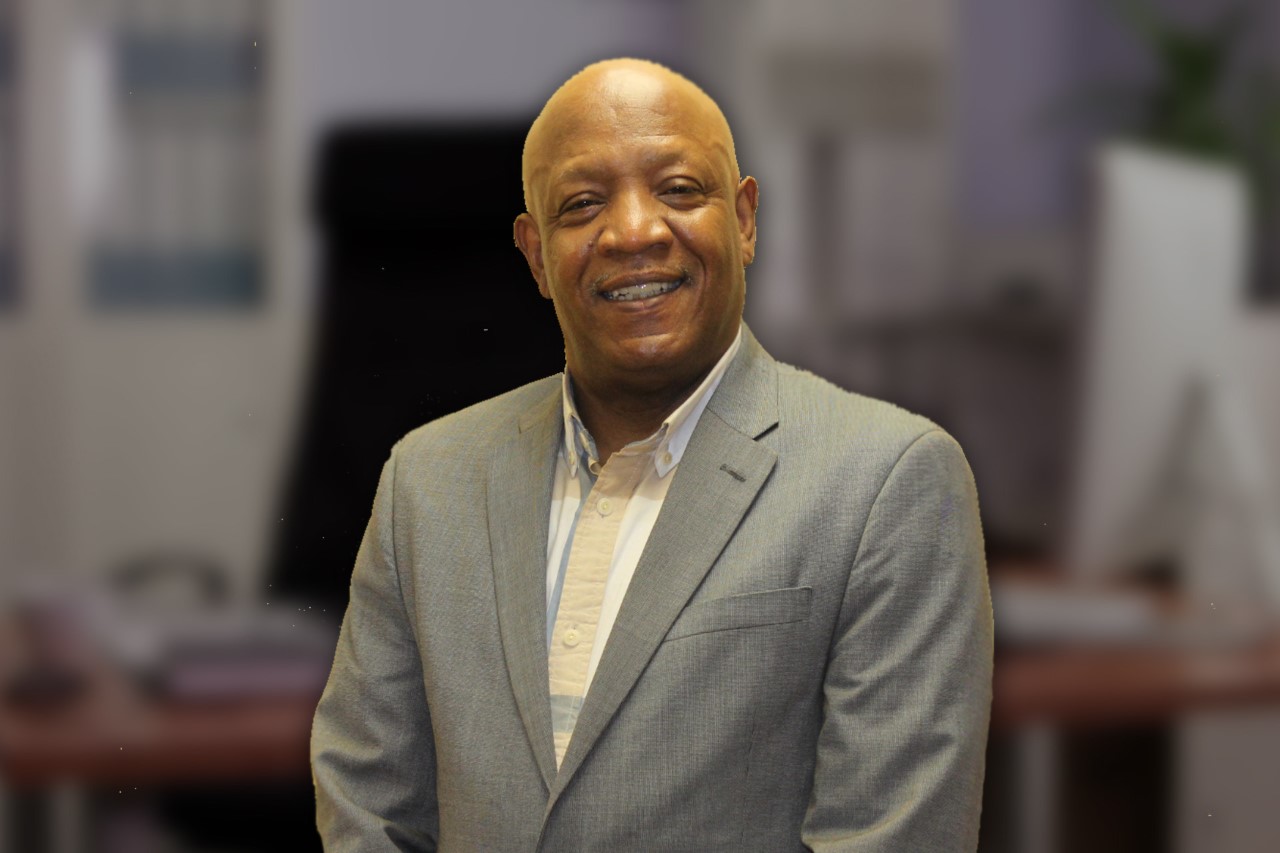
Today (June 1, 2021) marks one year since�� went into effect. The following reflection was written by HRiA staff member Lauren Ansong dePass, a Black woman who leads and contributes to many HRiA programs including the Fight All Flavors/ Campaigns that mobilized communities in support of the ban, as well as the . In this reflection, Ms. Ansong dePass shares the story of a beloved community member. She explores how his experience demonstrates the years-long injustices perpetrated by Big Tobacco against the Black community and how individuals and communities can rally to overcome addiction. ��
My faith is the reason why I pursued a career in public health. It has spoken clear truth into the beauty of my identity as a��Black woman, securing��for me��my inherent value and purpose. It sustains my relentless pursuit of justice��and equity. It gives me a hopeful desire to see the people around me��prosper��in their health and well-being.��As a follower of Jesus, my faith resounds every good thing within��me and compels me to seek redemption for what��isn’t.����
Belonging to��a local church is��an��important��component of my faith practice. And for me,��that place��is�� (ALC),��a place where “faith and life connect.”��Over 100 years old, ALC is a multi-ethnic, multi-generational church��nestled in the heart of Central Square��led by Bishop Lawrence Ward and Rev. Dr. Virginia Ward.��As southern transplant living in Boston,��ALC��has become��a space of��home and��community. When I��was��accepted��into graduate school, they celebrated with me. When I was grieving the loss of my brother, they fed me and visited me.��When I approached the leadership about partnering with the No Menthol. Know Why.��Campaign��(NMKW), they were excited for the opportunity to expand their capacity and share important information with their��congregants.������

Deacon Valentino Robinson
ALC quickly formed a NMKW team comprised of leaders, youth, and current��menthol��smokers who we met with and trained��virtually.��One of��those��participants��was��Deacon Valentino Robinson.��If there was ever a class clown in church, it��would be��Deacon Valentino Robinson.��Valentino��is the guy��who��is��always cracking jokes, always laughing with the youth, and always well-dressed. A lifelong resident of Cambridge, Valentino moved to the U.S. from Panama as a young child. He lived, went to school,��and has��worked in Cambridge his entire life. But what many folks don’t know is that Valentino is addicted to menthol tobacco products.����
Like many��Black, urban youths, Valentino was��on the��receiving end of��the��tobacco industry’s��targeted marketing.��He shared in an interview��that��as a teenager,��he and his friends would spend their days hanging out in Central Square, and not surprisingly, so did tobacco companies. These companies would park in a central location and hand out free menthol cigarettes to youth and their families. It was not long before Valentino found himself smoking the free products he kept receiving. Unfortunately, this��occurrence was��not an anomaly.��In the 1960s, tobacco companies passed out free menthol cigarettes��in Black communities, claiming that the mint flavoring made them��“healthier” than traditional cigarettes.����
“It’s not fair,” Valentino continued. “It’s like I didn’t even get to choose whether I wanted to use them. I was targeted.” Valentino’s right.��The tobacco industry’s targeting of Black people is not only unfair,��it’s��racist. Tobacco companies strategically rode the waves of the Civil Rights and��Black Power Movements,��clinging to imagery of Black freedom and empowerment. They exploited the needs of the Black community by buying loyalty from organizations and leaders.��They��sponsored��scholarships and donated��money to historically Black colleges and universities.��They flooded neighborhoods with advertisements and priced cigarettes lower in communities of color.��Today 90% of Black smokers use menthol products in comparison to 29% of white smokers. This is not an��accident, but a direct result of their��racist,��targeted marketing. They,��like many other industries and systems,��have and continue to��quantify and degrade the value of the Black body.����
The��strength��of��the Fight All Flavors/No Menthol. Know Why��project was its��invitation for��community members to see their stories of tobacco addiction in a greater context of racism and targeting.��They were not individuals��who made unhealthy choices. They��are��a community that has been exploited and targeted.��On “No Menthol Sunday,” Valentino bravely shared his story of being targeted by the tobacco industry and his continued attempts to quit using tobacco products.��No Menthol Sunday is an event led by��The Center for Black Health & Equity (formerly NAAPTN, Inc.) to support information sharing about menthol tobacco��products in Black worship spaces.��During this event, Valentino��shared��how��the Fight All Flavors campaign was pivotal in��contextualizing his addiction to menthol tobacco products.��He described how this new understanding empowered him��in��to utilize nicotine replacement therapy and faith practices in his recent (and current)��quit��attempt.������
What’s surprised me the most as Valentino shared his story was the way the ALC community responded to him. His vulnerability, empowered by fresh contextual awareness, shifted how the congregants understood the experiences of the smokers in their lives. Participants shared with us, that they didn’t realize how the Black community, our community, had been targeted by the tobacco industry for decades. They realized that quitting tobacco products is more than a decision, but a journey that requires patience and caring community. They recognized that they didn’t want to fuel the cycle of shame that many smokers feel, but support them on their journey to life, life more abundantly.��
